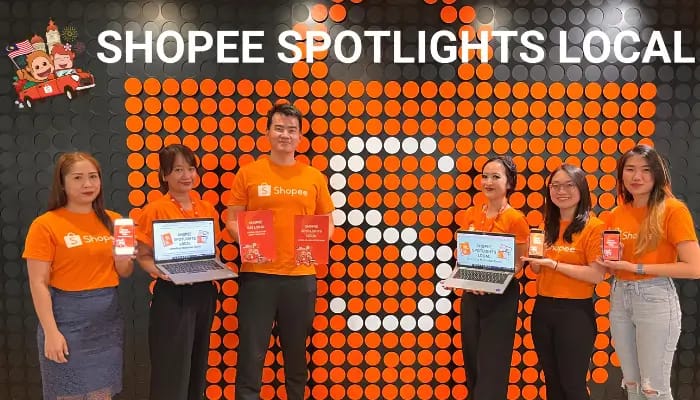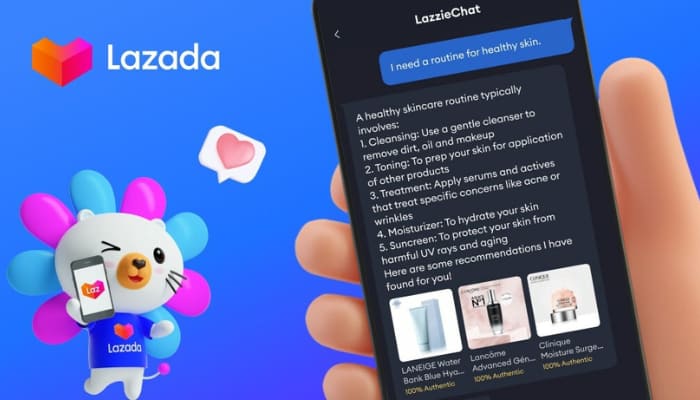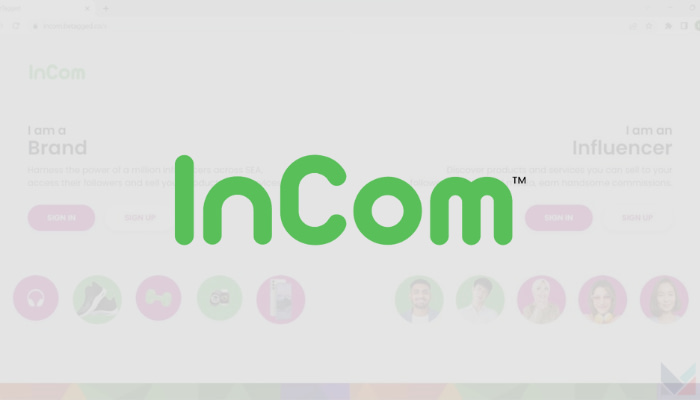New York, USA – Global media and marketing holdings company Omnicom has announced that it has agreed to acquire Flywheel, the digital commerce business of Ascential, for US$835m. It should be recalled that Ascential recently integrated its 10 digital commerce sister brands to form Flywheel.
The acquisition is expected to close in the first quarter of 2024 and is subject to Ascential shareholder approval, regulatory approvals, and customary closing conditions.
Moreover, Flywheel will operate as a practice area within Omnicom and will be led by Duncan Painter, who currently serves as CEO of Ascential.
“By connecting Flywheel Commerce Cloud’s product and transaction data with Omni’s audience and behavioural data, we are poised to offer an end-to-end set of services that outpaces the competition. We aim to empower our clients to automate, optimize, and measure their digital commerce and media spend within an increasingly complex marketplace,” Painter said.
Currently, Flywheel’s services enable top brands to sell more goods across hundreds of digital marketplaces, such as Amazon, Walmart, and Alibaba.
With a workforce of more than 2,000 professionals, Flywheel provides services in retail commerce operations, media execution, and market intelligence to over 4500 brands. These services are reinforced by their advanced technology platform, Flywheel Commerce Cloud, which delivers near real-time insights to improve decision-making and boost sales.
Meanwhile, John Wren, chairman and CEO of Omnicom said, “E-commerce sales worldwide are set to increase by 50%, reaching about $7 trillion dollars by 2025. The acquisition of Flywheel significantly broadens our reach and influence in the rapidly expanding digital commerce and retail media sectors, two of the fastest-growing parts of the industry. Together, we will seamlessly integrate our offerings across retail and brand media, digital and in-store commerce, and CRM, ultimately delivering superior results for our clients.”










